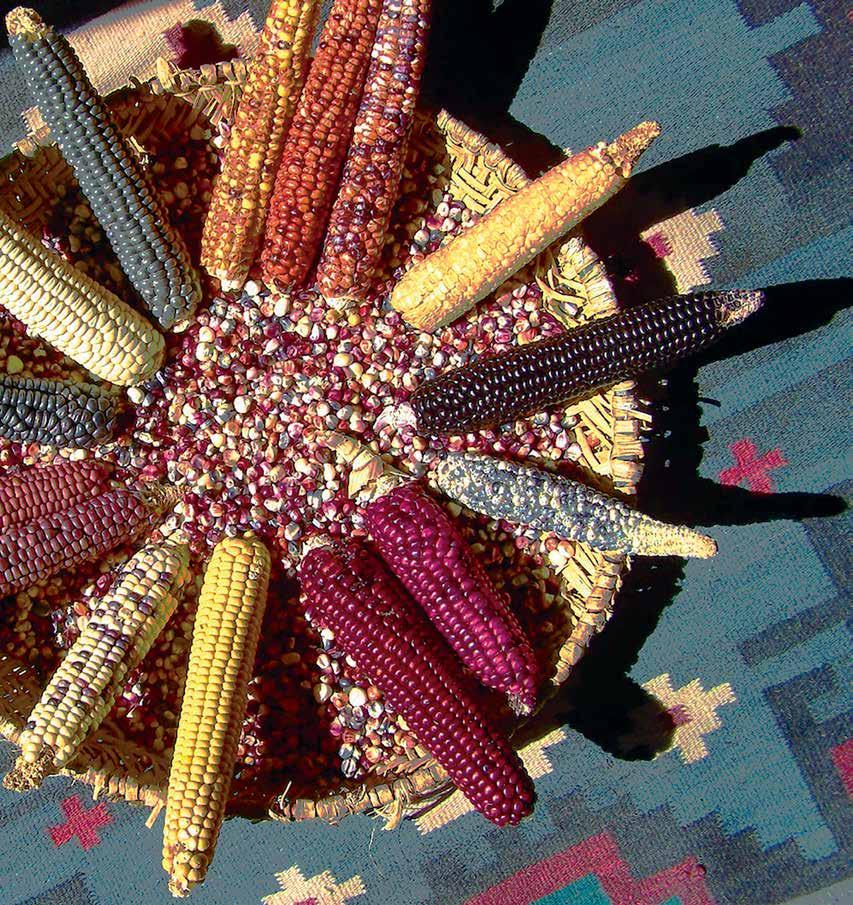









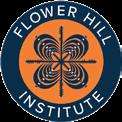
Flower Hill Institute is a Native-led, community-directed nonprofit.
Our objectives include:
• Preserving and enhancing cultural resources
• Preparing youth to inherit leadership
• Improving economic self-sufficiency
• Agriculture
• Food sovereignty and security
• Improving outcomes to climate change
TRADITIONAL NATIVE STORIES ARE BASED ON HONORING ALL LIFE. ESPECIALLY THE LANDS, PLANTS, PEOPLE, AND ANIMALS WE DEPEND ON. THIS FRAMES THE FOUR PILLARS OF FLOWER HILL’S WORK: CULTURAL PRESERVATION, AGRICULTURE AND FOOD, PREPARING YOUTH TO INHERIT LEADERSHIP AND CLIMATE ACTION.
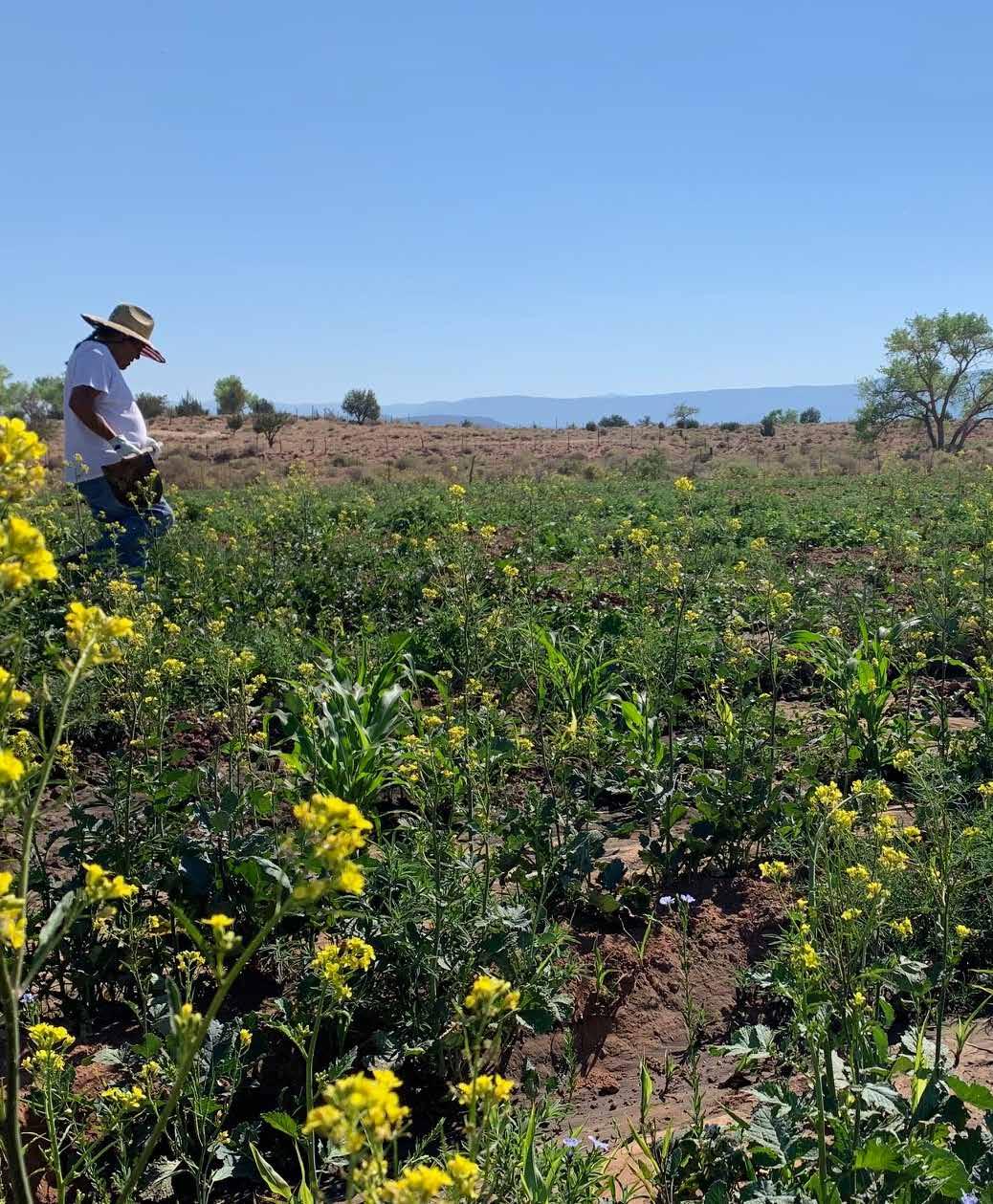

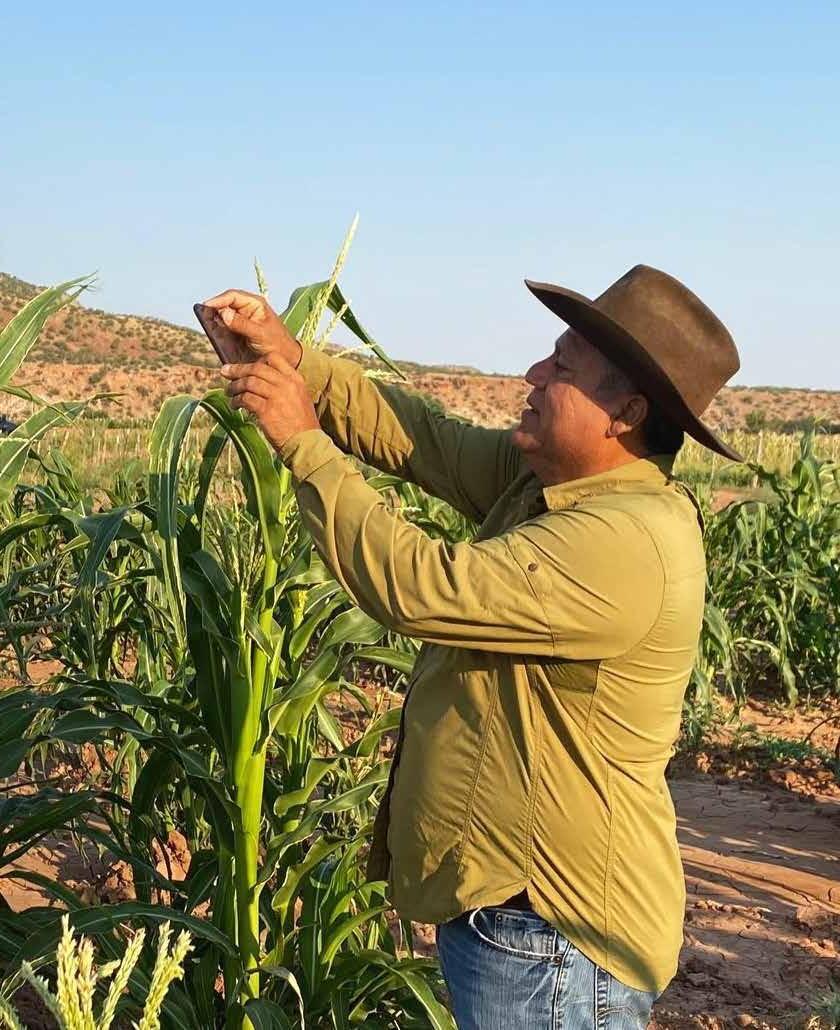

The Flower Hill Board of Directors spent a good deal of time this year discussing the importance of storytelling. Storytelling is a fundamental part of being human. Stories allow us to share information in a way that creates an emotional connection and because of this, we can gain a deeper understanding of others’ experiences. Storytelling helps us share information about all the important work being done and allows us to celebrate the incredible people who are doing the work.
Traditional Native stories are based on honoring all life. This especially includes the lands, plants, people, and animals we depend on and it frames the Four Pillars of Flower Hill’s work: Cultural Preservation, Agriculture and Food, Preparing Youth to Inherit Leadership and Climate Action.
In 2023, we continued our work to protect Chaco Canyon and its sacred landscape. We partnered with New Mexico Wilderness and others to protect the Pecos River, a sacred place for Pecos, Jemez, and Tesuque Pueblo citizens.
Another issue on the top of our agenda this year has been to promote the return of traditional Indigenous lands to Tribal ownership or restore co-management of culturally important Indigenous lands. With funding from and in partnership with NDN Collective, FHI has been working with Pueblo leadership and the Federal Government to get significant cultural lands back into Indigenous hands.
Fueled by abnormally dry, warm conditions and spread by strong winds, wildfires have burned more than 1.2 million acres in New Mexico since the fall of 2022. Thanks to a grant from the Albuquerque Community Foundation, Flower Hill is exploring the benefits of “rewilding” fire damaged lands. Rewilding is the process of rebuilding natural ecosystems using the plant and animal life that would have been present had the disturbance never occurred.
Along with climate shocks, the rising cost of living and food production continued to accelerate higher food prices and food insecurity. Farmers and ranchers play a crucial role in ensuring food
security and supporting the food and agriculture sector is critical for reducing hunger and high food costs in this country. In this report, you can read about how the USDA AMS and FHI’s national Meat and Poultry Processors Technical Assistance (MPPTA) team is helping support the nation’s farmers and ranchers.

I’d like to leave you with another important story being told is “Killers of the Flower Moon”. The book, written by David Grann, is based on the true story of the Osage Indian murders in Oklahoma in the 1920’s. The book was adapted into a movie by director Martin Scorsese, starring Lily Gladstone, Robert DeNiro and Leonardo DiCaprio.
While Flower Hill had no direct hand in the movie. one of our board members did. Chief Jim Gray is a direct descendant and namesake to one of the victims murdered during the Osage Reign of Terror. As such, Scorsese met with Jim and other descendants prior to filming this movie. The result was a drastic change in the script, casting and a departure from a story about the birth of the FBI and a move towards the historical impacts on the Osage people.
There is an incredible value of this story being told because it helps us to better understand ourselves, understand others and it carries the power to change perspectives.
FHI has worked diligently to create an organization of the highest integrity. This starts with the good governance provided by our passionate national Board of Directors and a very talented staff/team with a diverse breadth of experience. We are grateful to our funders, our partners and to the amazing people doing incredible work in our communities.
Respectfully,

Roger Fragua Executive Director, Flower Hill Institute
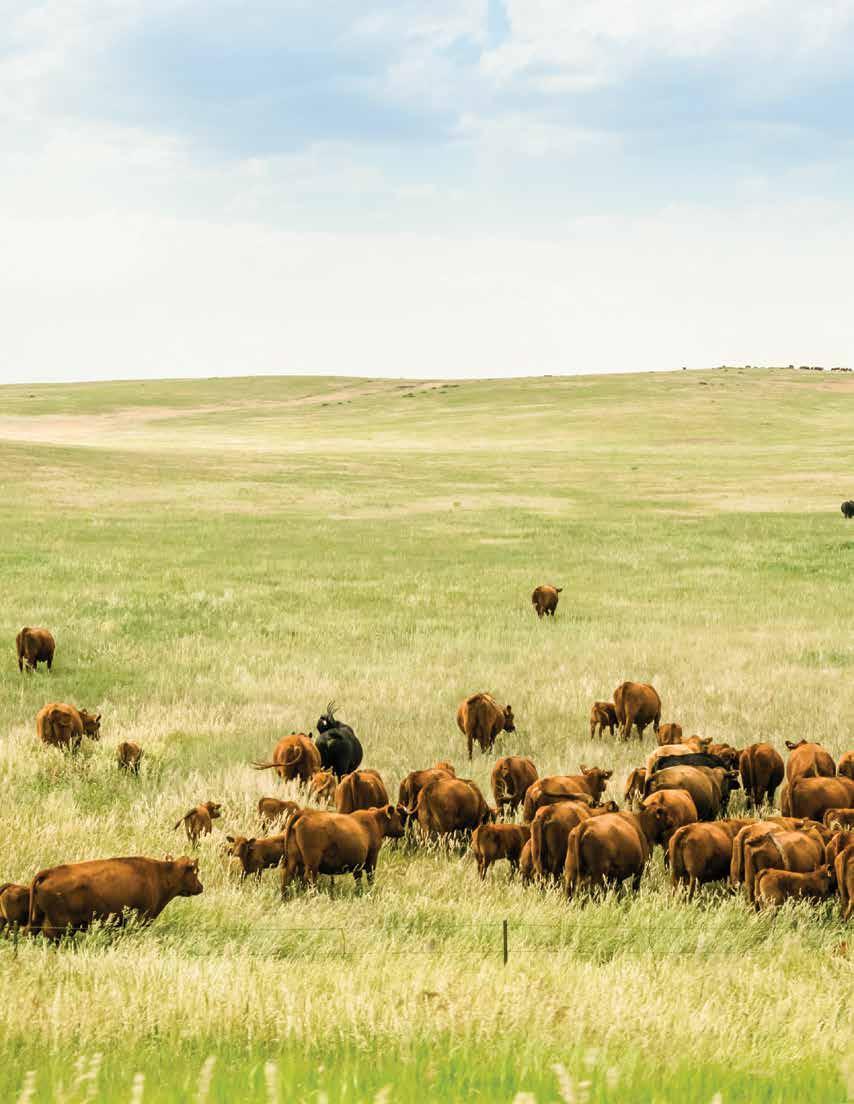
WE ARE GRATEFUL TO OUR FUNDERS, OUR PARTNERS AND TO THE AMAZING
PEOPLE
DOING INCREDIBLE WORK IN OUR COMMUNITIES.
As an Indigenous-led non-profit, Flower Hill Institute (FHI) acknowledges and respects all elements and beings co-existing as both autonomous and interdependent entities of our universe.
Referencing honorable components inspired by Indigenous philosophy and prayer, FHI honors the dust, minerals, and forces that create the stars, galaxies, and cosmos of our universe and the Sun and Earth that cultivate soil, air, fire, and water—all fundamental to the nature and atmosphere of Earth.
The Institute also respects and acknowledges the presence of those who share and walk among Earth and its biodiverse ecosystems, from the smallest bacteria, microorganisms, insects, and pollinators to the plants, flowers, and animals that help nourish and sustain those environments and ecosystems globally.
Flower Hill Institute roots its commitments and thought processes in this acknowledgment to frame its services in a more culturally relevant and environmentally conscious lense and provides a holistic outlook on the impact of our work in:
• Cultural Preservation
• Youth & STEM/TEK Education
• Food & Agriculture
• Climate Action
SUPPORT & REVENUES EXPENSES
Grants & Donations
Programs & ServicesDelivery
$235,927 $12,260 $3,451,466 $3,058,831 $392,635 $113,622 $2,810,644
$3,337,844

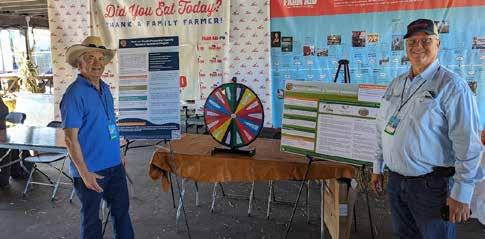
TOTAL NET INCOME BY THE NUMBERS
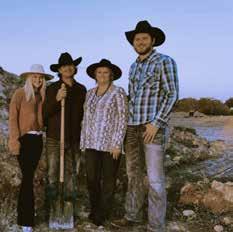



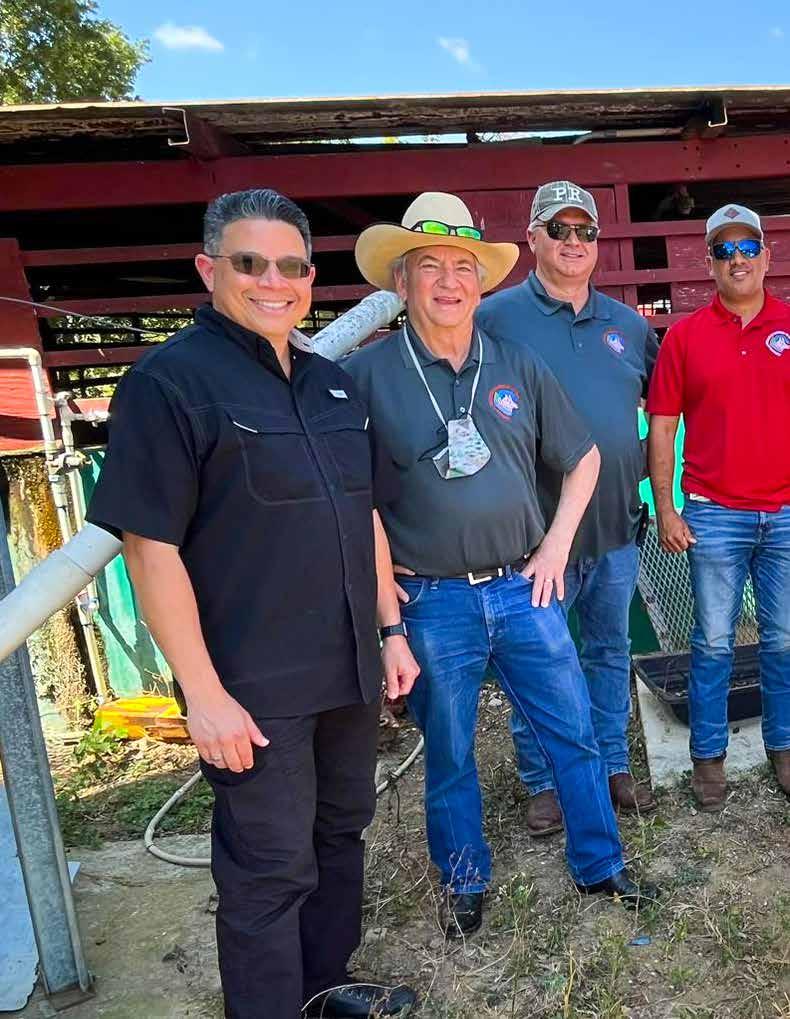
Within our Four Pillars of Work, our objectives include preserving and enhancing cultural resources, preparing youth to inherit leadership, improving economic selfsufficiency, agriculture, food sovereignty and security, and improving outcomes to climate change.

Ensuring long-term strength and stability for America’s ranchers, farmers and Tribal communities by expanding their ability to succeed and thrive.


Accelerating the ability and capacity of Tribal communities to establish sustainable solutions to the cultural and economic impacts of climate change, where disparate impacts are likely to occur.
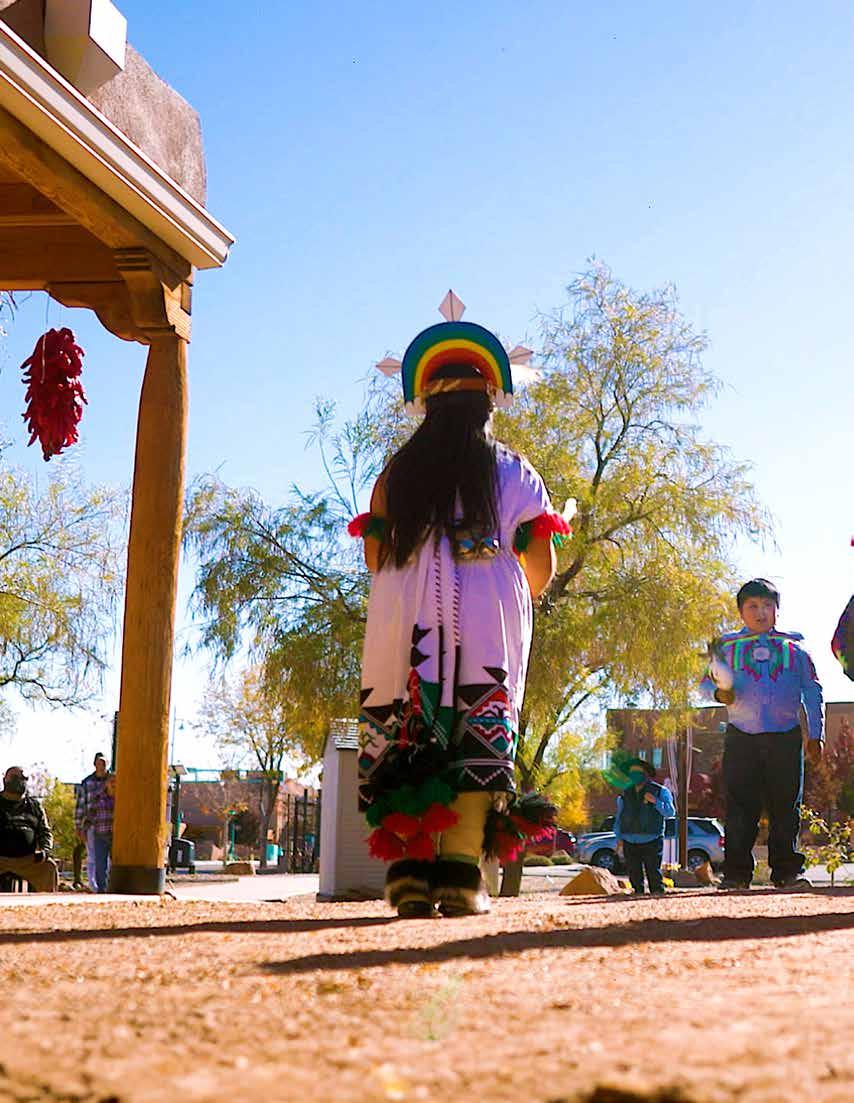

Cultural preservation is the heart of Flower Hill’s mission. Our efforts to educate youth, support tribal agriculture, and respond to climate change are all motivated by our underlying mandate to support and sustain Tribal nations and culture, but we also have projects which more specifically address cultural preservation. Flower Hill’s commitment to cultural preservation is evident through a diverse range of initiatives, including providing direct support for cultural leaders, leading efforts to safeguard cultural landscapes and culturally significant natural resources, supporting efforts to transition ownership and management of

cultural resources to Tribal hands, and advocating for restoration of traditional cultural resources. These efforts collectively underscore Flower Hill’s dedication to preserving and revitalizing Indigenous cultures and landscapes.

This past year, Flower Hill with the support of NDN Collective has facilitated efforts by Tribal leadership to seek the return of traditional Tribal lands from the Federal Government. By engaging with federal and Tribal authorities at the highest levels, Flower Hill is actively working toward the restoring Tribal management and ownership of these ancestral lands. The process is ongoing, and Flower Hill’s efforts and advocacy have proved essential in maintaining dialogue between the Tribal administration and the Biden administration as the parties seek the return of Tribal lands.
In another win for cultural resources protection, Flower Hill collaborated with Amigos Bravos and a broad coalition of stakeholders to successfully secure Outstanding National Resource Water Status for the Rio Jemez and Rio Pecos. Flower Hill was responsible for coordinating Tribal participation in these efforts, ensuring that these protections represented the interests of the Tribes for whom these rivers are part of vital cultural landscapes.
One of Flower Hill’s earliest projects was working with the All Pueblo Council of Governors to advocate for a 10 mile buffer zone surrounding Chaco Canyon National Historic Park to protect the cultural resources within from the impacts of encroaching oil and gas development. In June of this year, Department of the Interior officially implemented a 20-year prohibition of oil and gas development within 10 miles of the Park, bringing nearly a decade of advocacy by Flower Hill and our partners to a conclusion.
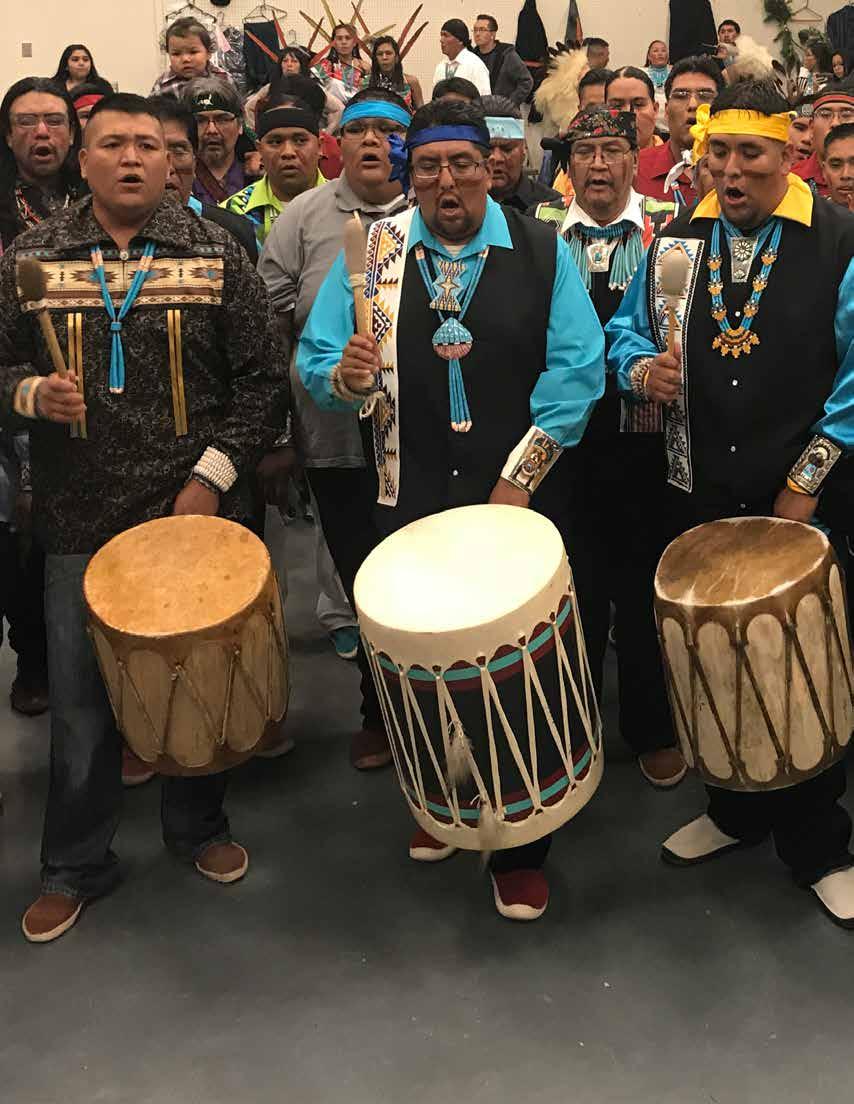
Collaborating with leaders from Indigenous Led and the MICA Group, Flower Hill has served as an advocate for the reintroduction of bison to cultural landscapes across the West. Through this partnership, Flower Hill actively promotes the restoration of bison, a keystone species, aligning with Indigenous values and contributing to the ecological health of these culturally significant landscapes.
Flower Hill Institute continues to strive to provide educational opportunities for youth and community members. Flower Hill works to develop programs that grasp the attention of participants incorporating current understandings in various fields of science while tying in cultural and traditional knowledge. Members of the Flower Hill Team provide various and valuable information to participants, Joseph “Brophy” Toledo provides cultural
contexts and insights to many of the engagements. Brophy with his style of engaging participants is captivating while connecting on a human level. Flower Hill Team members also have had the opportunity to engage and make connections with great organizations and participate in events contributing to discussions and promotion of Flower Hill Institute’s work.
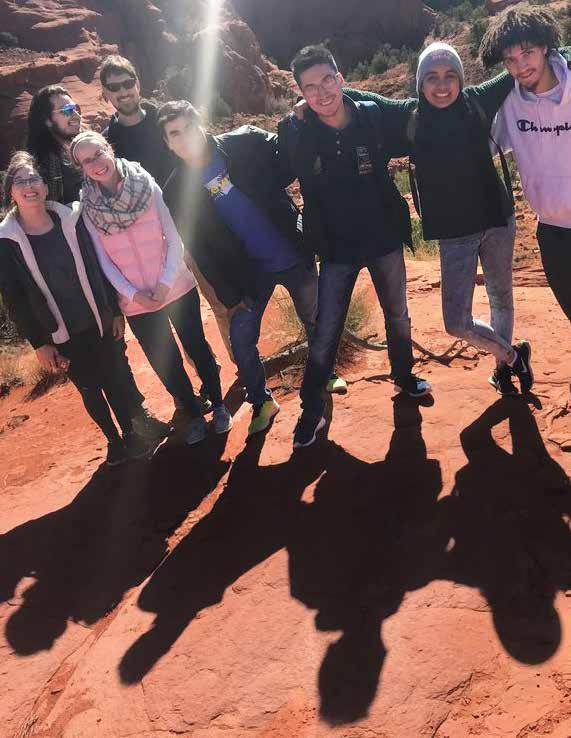

In partnership with the National Radio Astronomy Observatory (NRAO), Flower Hill Institute hosted a viewing event for the 2023 Annular Eclipse that took place on October 14th, 2023. Youth and community members were invited to attend the event held at the Flower Hill Institutes headquarters. There participants were able to view the eclipse with protective eye-wear, while also being able to observe the eclipse through a telescope. This event was exciting for many participants as those in attendance were able to learn and experience the celestial event in a unique way.
Flower Hill Institute participated and presented at the annual aquaponics conference held in Albuquerque in September. Flower Hill presented on who we are, the work we’re doing and how aquaponics is vitally important in conservation of water. We were able to make strong connections to assist with the planned greenhouse build.
Flower Hill Institute has established a great relationship with the San Diego Botanical Garden Society which has been a symbiotic partnership. The group has provided insights into setting up hoop houses and greenhouses, while being a resource on how to propagate plants. One of the goals of this relationship is to re-establish and promote medicinal plant communities back in the environment. Flower Hill Institute has been working to identify medicinal plants in the region that are currently in limited production and population.
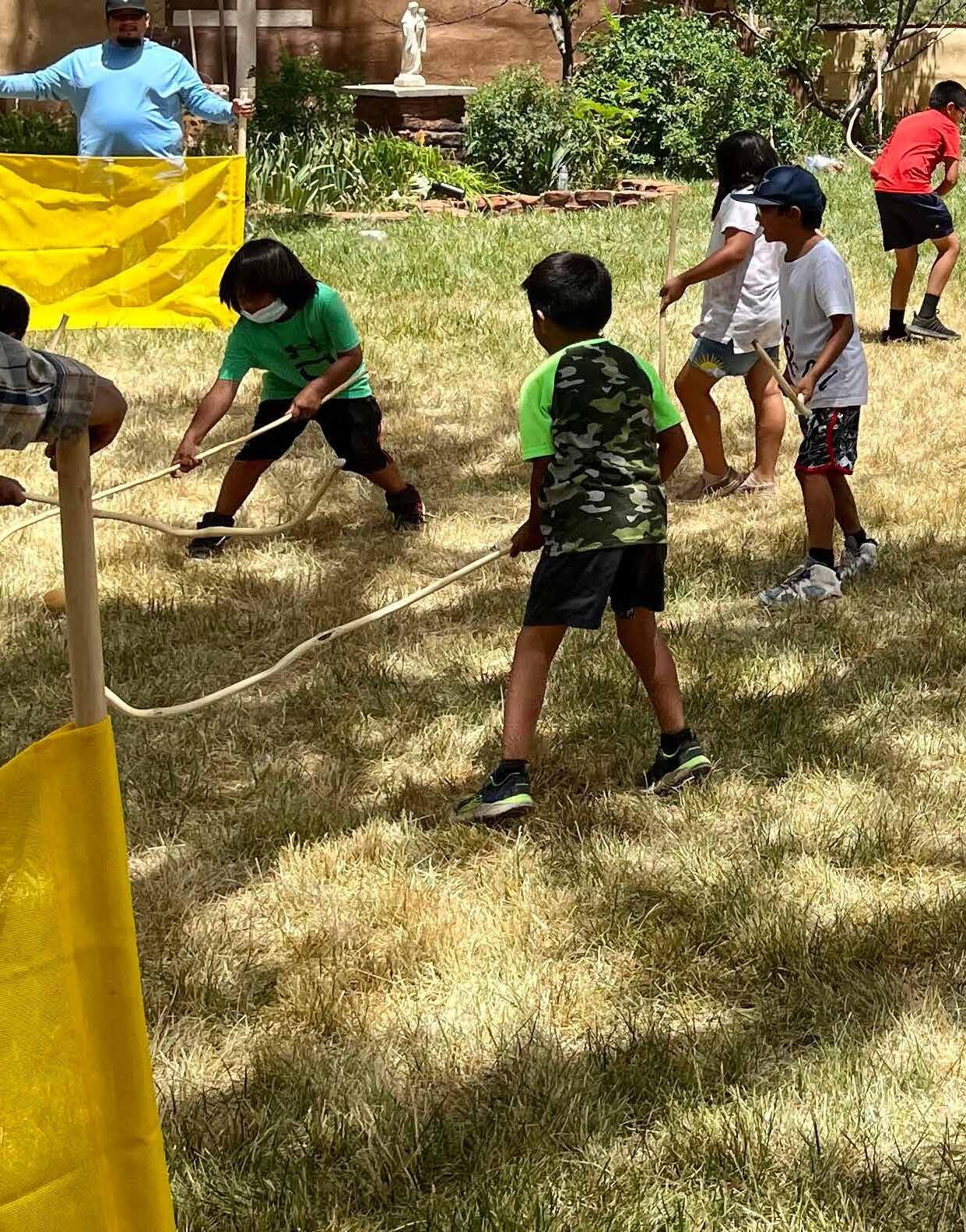

Flower Hill Institute would not be able to do the work we are doing without our great partners:
• Agriculture Utilization Research Institute (AURI)
• American Association of Meat Processors
• American Grassfed Association
• American Meat Science Association
• American Pastured Poultry Producers Association
• Center for Rural Affairs
• FarmAid
• Farmer Veteran Coalition
• Farmer’s Outreach Solutions
• Leather and Hide Council of America
• InterTribal Buffalo Council (ITBC)
• Intertribal Agriculture Council
• Latino Farmers and Ranchers International
• National Bison Association
• National Cooperative Business Association CLUSA (NCBA CLUSA)
• National Farmers Union
• National Latino Farmers and Ranchers Association
• National Sustainable Agriculture Coalition (NSAC)
Flower Hill Institute is open to serve all people and all communities. Flower Hill has deep roots in underserved communities and has worked with many projects in Alaska, Hawaii, Guam, Northern Marianas Islands, Puerto Rico, and all of the upper 48 states.
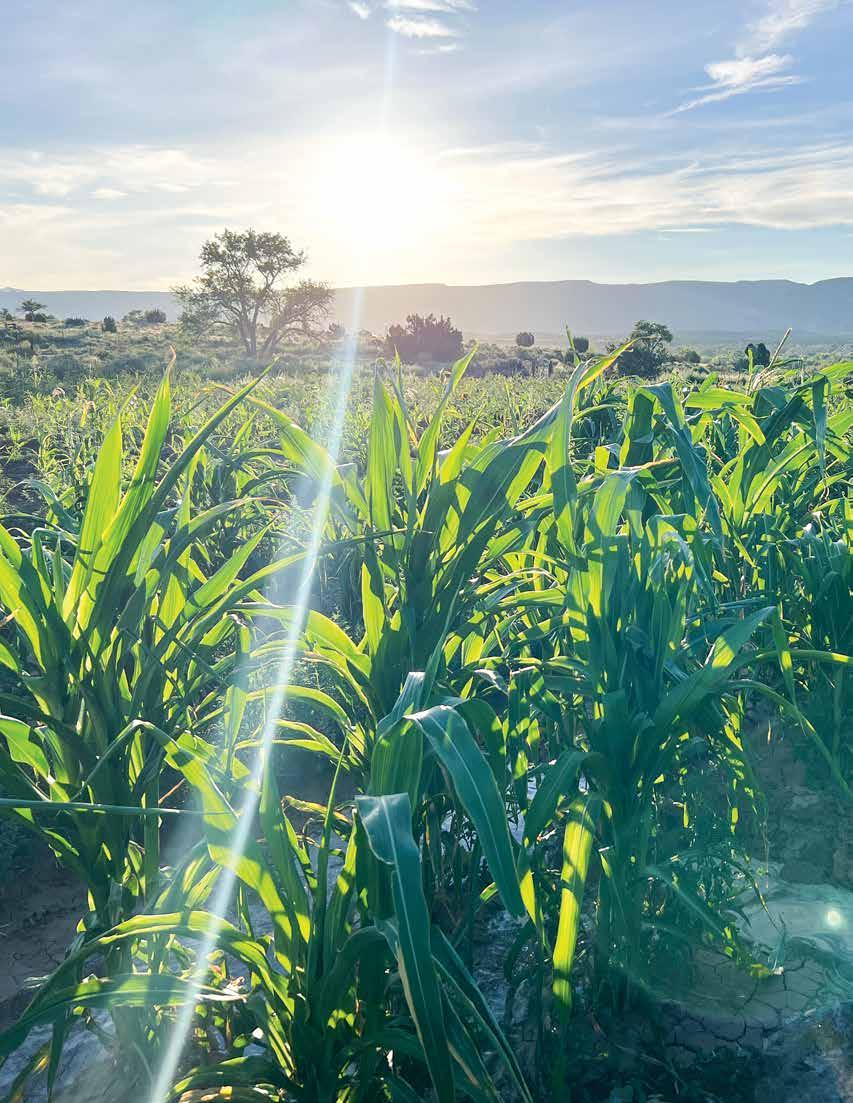

• Native American Development Corporation
• Niche Meat Processor Assistance Network (NMPAN)
• Rural Advancement Fund (RAFI-USA)
• Rural Coalition
• Tuskegee University
• U.S. Cattlemen’s Association
• USDA Agricultural Marketing Service
• USDA Farm Service Agency
• Women in Ranching
FSIS Districts REGIONS

72 Tribal & Indigenous Communities requested technical assistance from the MPPTA team in developing meat and poultry processing plants to further their food sovereignty initiatives.
MPPTA WORKS IN:
• 49 States
• Washington D.C.
• Guam
• Northern Mariana Islands
• Puerto Rico
• Virgin Islands
District 05 AZ, CA, NV 8%
District 85 FL, GA, PR, SC, VI 7%
District 50 IL, IN, MI, OH 9%
District 40 LA, NM, OK, TX 10%
District 15 AK, AS, CO, GU, HI, ID, MP, MT, NE, OR, UT, WA, WY 23%
District 25 IA, MN, ND, SD, WI 12%
District 90 AL, KY, MS, TN 7%
District 60 CT, MA, ME, NH, NY, PA, RI, VT 12%
District 80 DE, DC, MD, NC, NJ, VA, WV 6%
District 35 AR, KS, MO 8% TA Open Requests rolling into 2024 Total Technical Assistance Requests Technical Assistance Requests in 2023 1040

Food Security & Economic Stability
More than 1,050 fledgling and existing enterprises have requested support since Flower Hill began coordinating USDA’s MPPTA program in March 2022. As illustrated in this online video: https://bit.ly/MPPTATA Flower Hill’s work to connect historically underserved producers with federal funding, financing, business planning, and other resources reflects a deep commitment and passion for food security and economic stability in rural America.
Eighty-one Tribal and Indigenous Communities requested technical assistance from the MPPTA team in developing meat and poultry processing plants to further their food sovereignty initiatives. FHI’S MPPTA team crisscrossed the United States to assist in all phases of project development and help clients take advantage of USDA opportunities while working closely with USDA AMS and the USDA Office of Tribal Relations to share data and insight on Tribal interests.
AS A PARTICIPANT IN THE USDA MEAT & POULTRY PROCESSING EXPANSION PROGRAM, I FOUND THE SUPPORT FROM FLOWER HILL INSTITUTE TO BE IMMENSELY HELPFUL.
Maine’s 17,000 who observe the dietary practices in the Quran primarily rely on imported halal-certified beef, lamb, and goat meat because the closest USDA-certified slaughter and processing facility is four states away.
Katheryn Piper and her husband, Hussam AlRawi, want to change that. In 2017, they organized Five Pillars Butchery LLC and converted their barn in Unity, ME to produce halal proteins for direct local consumption under Maine certification.
Kathryn and Hussam are now developing the region’s first USDA-certified halal processing facility for beef, sheep, goats, and poultry and working with northern New England Muslim farmers on a regional producer cooperative. Developing a meat processing facility is challenging under any circumstances. Adding halal certification adds additional complexity.
Kathryn and Hussam are not easily intimidated but realize that they cannot do it alone. They turned to the Cooperative Development Institute (CDI), which agreed to fund a feasibility study. CDI also connected Five Pillars with Flower Hill Institute, which had just formalized a cooperative agreement with USDA’s Agricultural Marketing Service to coordinate its Meat and Poultry Processing Technical Assistance Program.
Flower Hill connected via Zoom with Five Pillars to discuss issues involved in sourcing animals, marketing the meat, and establishing a cooperative. That groundwork helped equip Five Pillars to develop a strong proposal in November for the second round of Meat and Poultry Processing Expansion Program grants
offered by USDA Rural Development. FHI regional director Dave Carter worked closely with Kathryn and Five Pillars’ grant writer to advise in developing their grant application.
FHI also connected Five Pillars with Tuskegee University, one of the MPPTA organizations with experience in halal processing.
Because the MPPEP grant requires a 70% cost share from applicants, Carter helped link Five Pillars with Coastal Enterprises, Inc., a Mainebased Community Development Financing Institution administering loan funds under USDA’s Meat and Poultry Intermediary Loan Program.
As the clock ticked down to the grant deadline, FHI consultant Colleen Whitehead helped Five Pillars navigate last-minute challenges in getting their application submitted through grants.gov.
Kathryn notes, “As a participant in the USDA MPPEP, I found the support from Flower Hill Institute to be immensely helpful. They were knowledgeable on the rules and allowances of the grant, provided helpful national data on the meat processing industry and guided me through the instructions of federal forms. Their support is greatly appreciated and I look forward to working with them in the future, if we are awardees.”


With the support of the Colorado Plateau Foundation, FHI hosted virtual educational workshops to educate and engage the community on practices that are responsive to the communities’ current needs. This year’s topics ranged from permaculture and soil health to saving seeds and chile. We also held a community build day to erect the hoop house and celebrate Earth Day.
USDA Farm Service Outreach Technical Assistance has provided services to 222 clients in 38 states and Puerto Rico.

With support from the Chamiza Foundation, Flower Hill Institute purchased and erected a hoop house. This structure has and will continue to provide season extension for growing and teaching activities, provide an indoor learning space and information hub for farmers, and allow FHI and community members the opportunity to develop culturally responsive forms of controlledenvironment agriculture. Flower Hill will use the greenhouse to continue experimenting and innovating with methods for increasing reliability of harvests and introduce new crop varieties to Pueblo farmers.
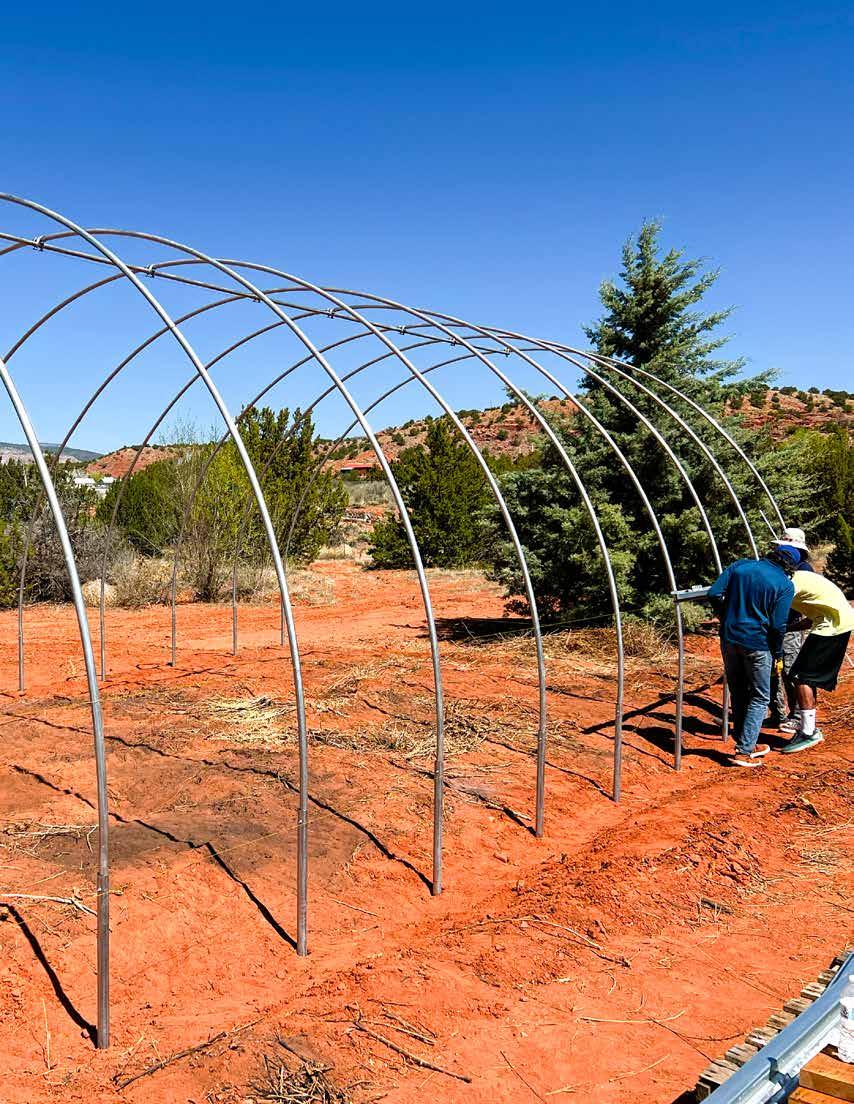
FHI is facilitating a trust-building program that bridges the communication gap between Farm Service Agency (FSA) and previously underserved communities to increase disadvantaged farmers’ representation and participation in Emergency Relief Program (ERP) Phase 2 and other FSA programs.
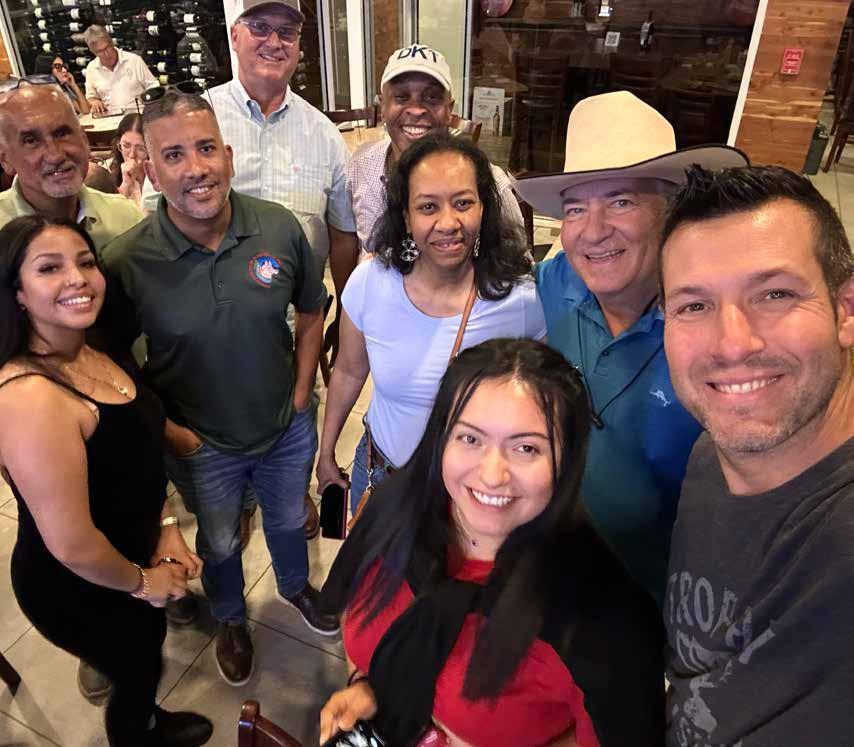
FHI CONDUCTED FSA OUTREACH AT HELP DESKS AND BOOTHS AT 14 EVENTS HOSTED BY OTHERS, WITH EVENT AUDIENCES IN EXCESS OF 32,125 FARMERS, RANCHERS, AND COMMUNITY MEMBERS.
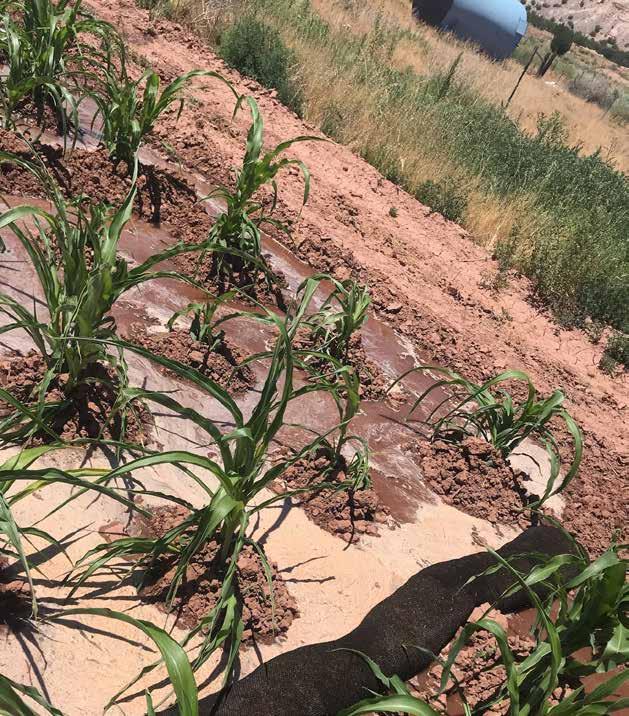
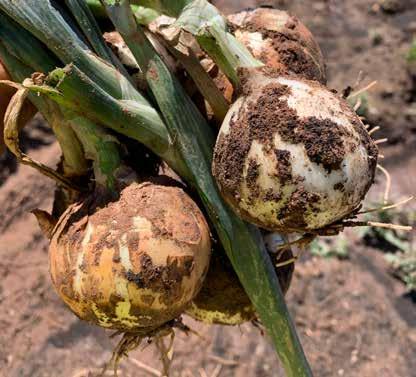

FHI’s cooperative agreement includes 3 goals:
1. To raise awareness of FSA’s continuing relief efforts;
2. To identify, educate, and provide technical assistance (TA) to qualifying underserved producers in understanding and fulfilling ERP Phase 2 application submission requirements and post-award obligations; and
3. To technically assist producers in enrolling in an appropriate Risk Management program for their operation. Sub-awards are active with four collaborator organizations: Farmer Veteran Coalition, Latino Farmers and Ranchers International, Farmer’s Outreach Solutions, and Women in Ranching. Of 28 team members, 15 are providing TA, 4 are dedicated to communications, 2 manage client database, 4 monitor funding, and 3 provide other support.
In recognition of the limited number of days that FHI would have to affect the ERP client base prior to the program’s deadline, FHI anticipated continuing beyond the ERP deadline and TA for linkage requirements, by drafting a plan to assist FSA in forming stronger relationships with the underserved community at large. One month into the agreement, the ERP Phase 2 deadline was extended, effectively increasing program promotion opportunities from 32 days to 79 days. FSA then provided training for the Pandemic Assistance Revenue Program (PARP) to all cooperators, which made it possible for FHI to also include PARP in all efforts for the remaining 36 days until that program’s deadline.
222 Clients have received FSA technical assistance in 38 states and Puerto Rico.

During the open application period, FHI’s team of TA providers helped clients with ERP and PARP applications through email, over the phone, in Zoom meetings, and at in-person workshops and events. Since ERP closed during QTR 1, FHI’s focus has shifted to postaward linkage obligations (crop insurance and NAP), spreading awareness of other FSA relief and disaster programs and loans, financial management, general forms, and assisting underserved farmers and ranchers in establishing farm numbers, keeping better farm records, and preparing to participate in future FSA programs.
Total in-person events to-date as speakers and organizers is 89 in 22 states and Puerto Rico, with 4,046 attendees. Team members have organized 27 of these 89 events and also conducted FSA outreach at help desks and booths at 14 additional events hosted by others, with event audiences in excess of 32,125 farmers, ranchers, and community members. FHI team members have recorded 8 FSA related webinars and hosted 8 Office Hours, and 7 additional webinars reaching 1,003 participants and viewers. FSA related TA has been provided to 222 clients across 38 states and Puerto Rico. 89% of program clients have self-certified as underserved.
89% of FSA Technical Assistance (TA) clients have self-certified as underserved.
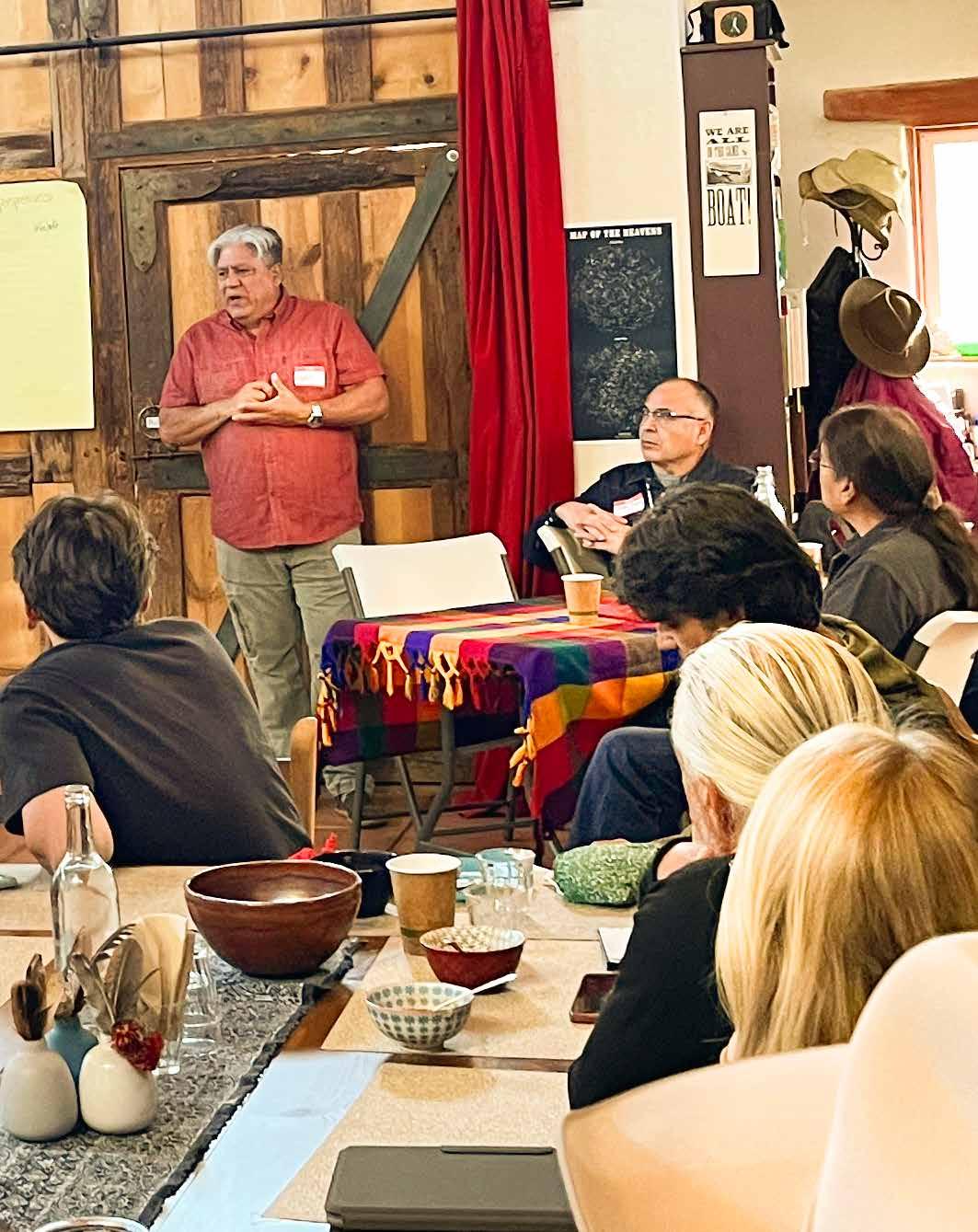

FHI SPREADS AWARENESS OF USDA FARM SERVICE AGENCY (FSA) RELIEF AND DISASTER
PROGRAMS AND LOANS, FINANCIAL
MANAGEMENT, GENERAL FORMS, AND ASSISTING
UNDERSERVED FARMERS AND RANCHERS IN ESTABLISHING FARM NUMBERS, KEEPING BETTER FARM RECORDS, AND PREPARING TO PARTICIPATE IN FUTURE FSA PROGRAMS.


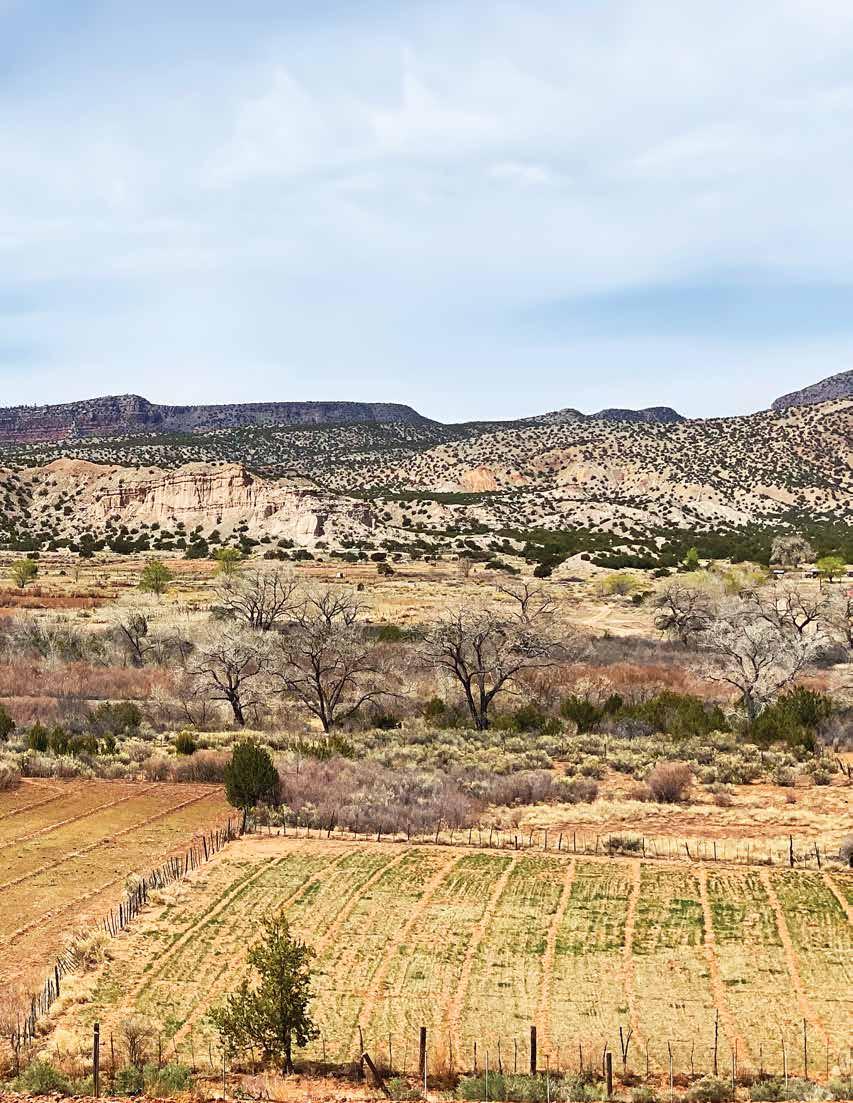
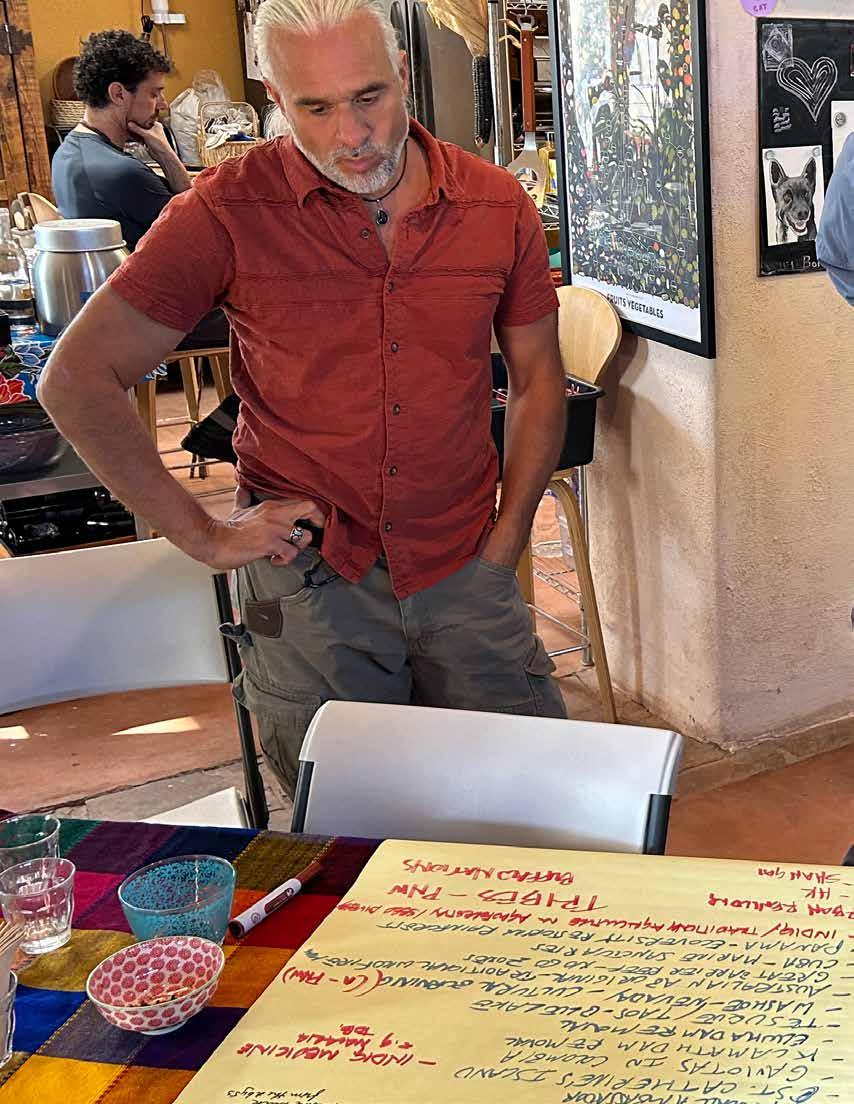
In the aftermath of devastating fires throughout New Mexico, Flower Hill with the support of the Center for Disaster Philanthropy and Liberated Capital worked with disaster philanthropy organizations and tribal natural resources staff to evaluate the resources that Tribes needed in their recovery efforts. Flower Hill’s work involved identifying specific barriers faced by tribal communities and communicating these needs to funders and other organizations with resources. Flower Hill’s efforts ensured that Tribes have equitable access to essential resources for wildfire recovery and continue to foster their long-term resilience.
Flower Hill works alongside Tribal communities in their efforts to curb impacts, improve outcomes and develop economic prospects under changing environmental conditions due to climate change. As a significant threat to Indigenous culture and way of life, Flower Hill integrates traditional and nature-based strategies with “western” science to develop comprehensive solutions that support cultural preservation and demonstrate stewardship of Mother Earth and all her creatures. This approach is integrated throughout Flower Hill’s programming and a central theme of the education provided to Tribal youth, who will be inheriting the responsibility of leading climate resilience efforts for generations to come.
Southwest Tribal Climate Adaptation Menu
Flower Hill was selected to facilitate the development of the Southwest Tribal Climate Adaptation Menu. The Southwest Tribal Climate Adaptation Menu (SWTCAM) will serve as a tool to facilitate the climate adaptation planning process for Tribes across the Southwest

In its efforts to develop management resources for Tribes seeking to obtain, manage, and restore traditional lands, Flower Hill Institute brought together 30 leaders in the field of land restoration, biology, academia and workforce training to discuss an Indigenized model of rewilding. Experts discussed the ways in which this set of management techniques can be leveraged by tribal leadership and natural resources staff to accomplish tribal land restoration objectives and more. Our two-day discussion laid the groundwork for future collaborations and real-world case studies, fostering a shared understanding and commitment to rewilding practices rooted in Indigenous wisdom and sustainable land stewardship. This effort was supported by Albuquerque Community Foundation.
by providing a selection of regionally and culturally specific climate change adaptation strategies for building continued resilience in Southwest Tribal communities. In 2023, by defining the scope and structure for the Menu and assisting the planning team with securing funding for subsequent development efforts.

Flower Hill Institute brought together 30 leaders in the field of land restoration, biology, academia and workforce training to discuss an Indigenized model of rewilding.

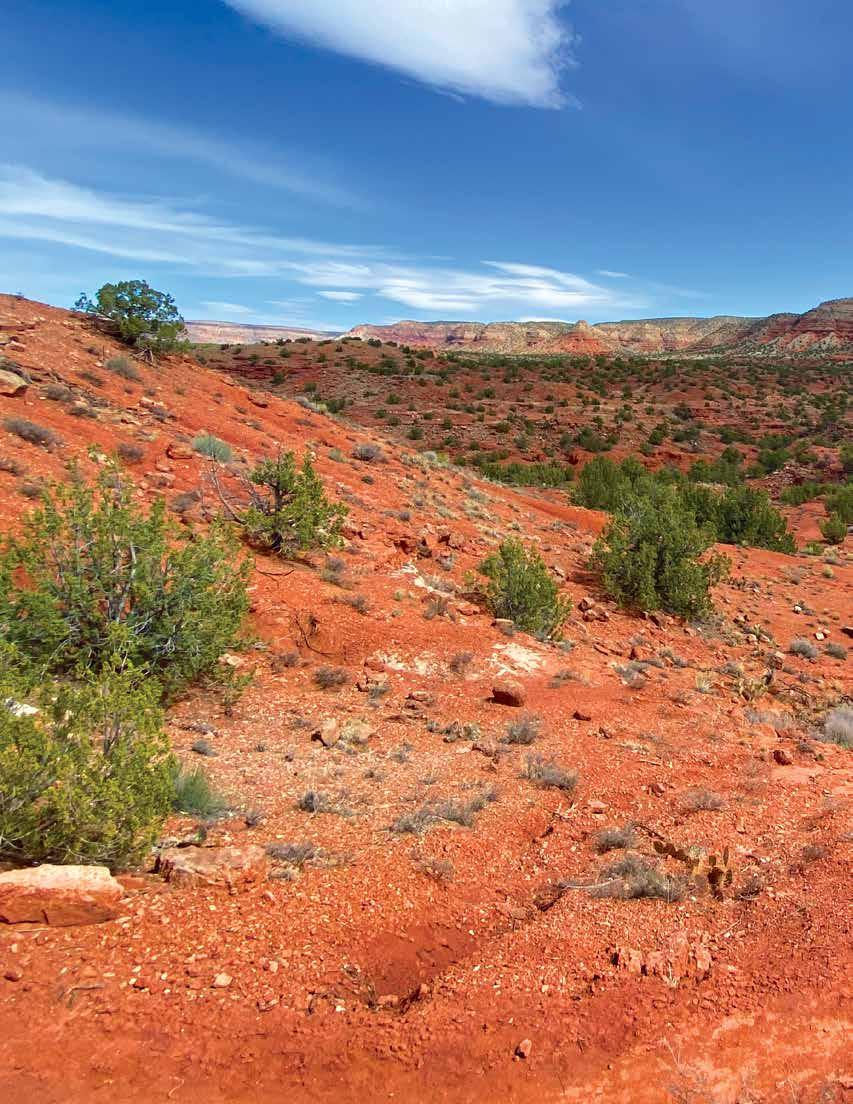


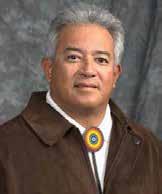
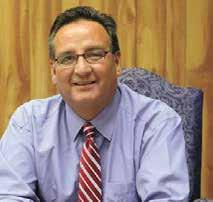


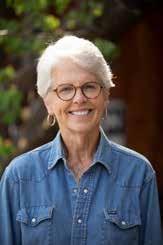
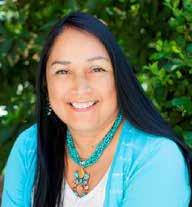
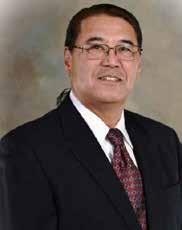
To read FHI Board bios, please scan:

FHI HAS WORKED DILIGENTLY TO CREATE AN ORGANIZATION OF THE HIGHEST INTEGRITY. THIS STARTS WITH THE GOOD GOVERNANCE PROVIDED BY A BOARD OF DIRECTORS AND A VERY TALENTED STAFF/TEAM WITH A DIVERSE BREADTH OF EXPERIENCE.
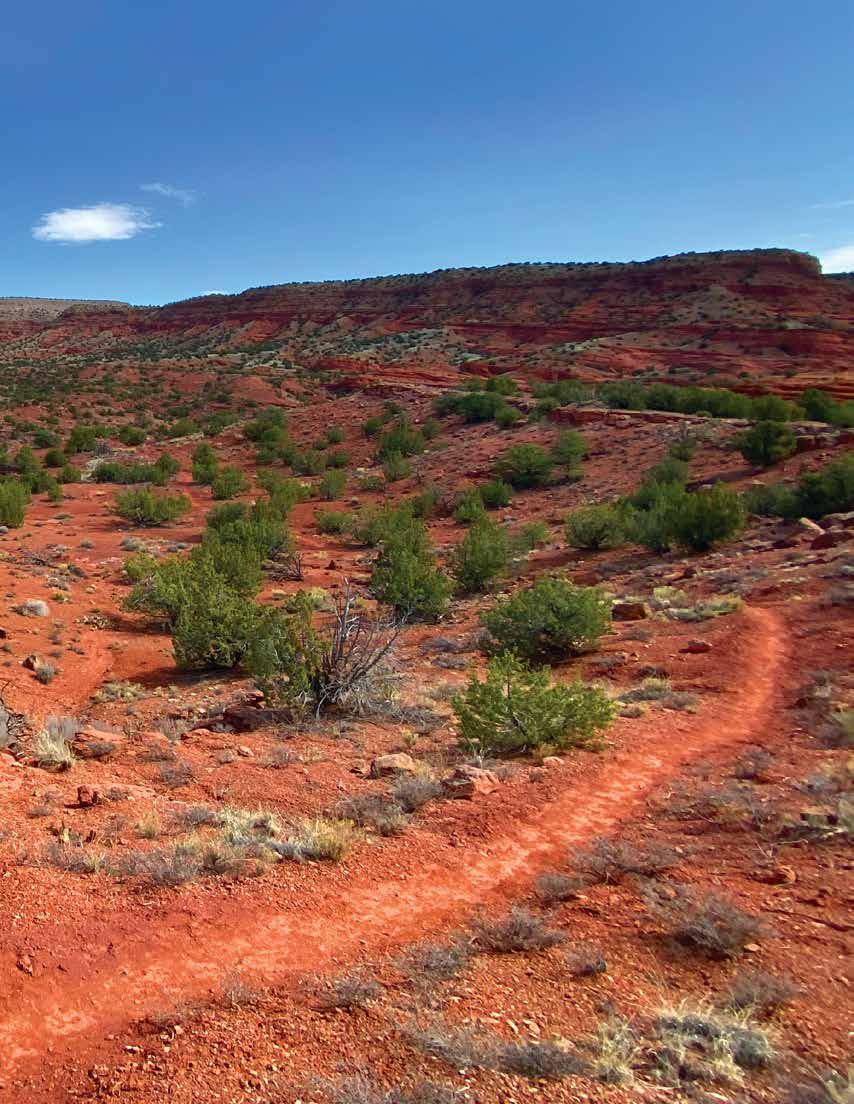


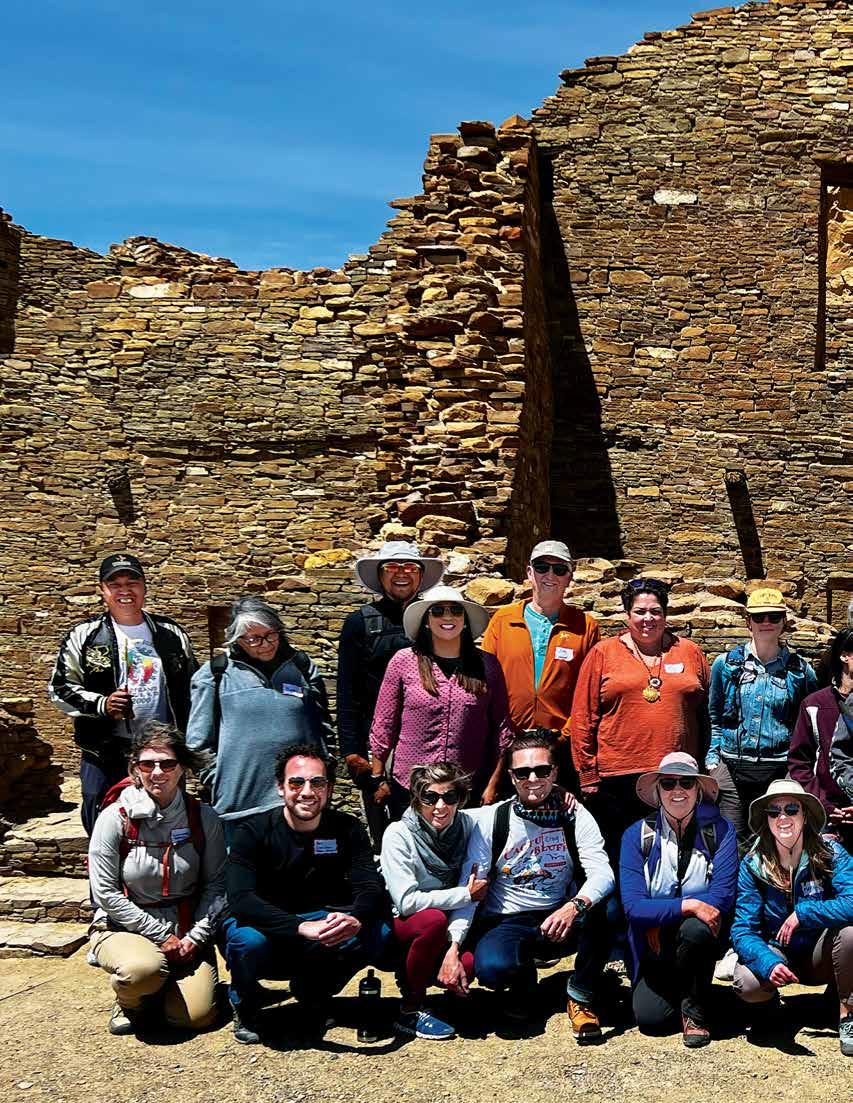

FLOWER HILL PROMOTES
THE RETURN OF TRADITIONAL INDIGENOUS LANDS TO TRIBAL
OWNERSHIP OR RESTORE
CO-MANAGEMENT OF CULTURALLY IMPORTANT INDIGENOUS LANDS.
